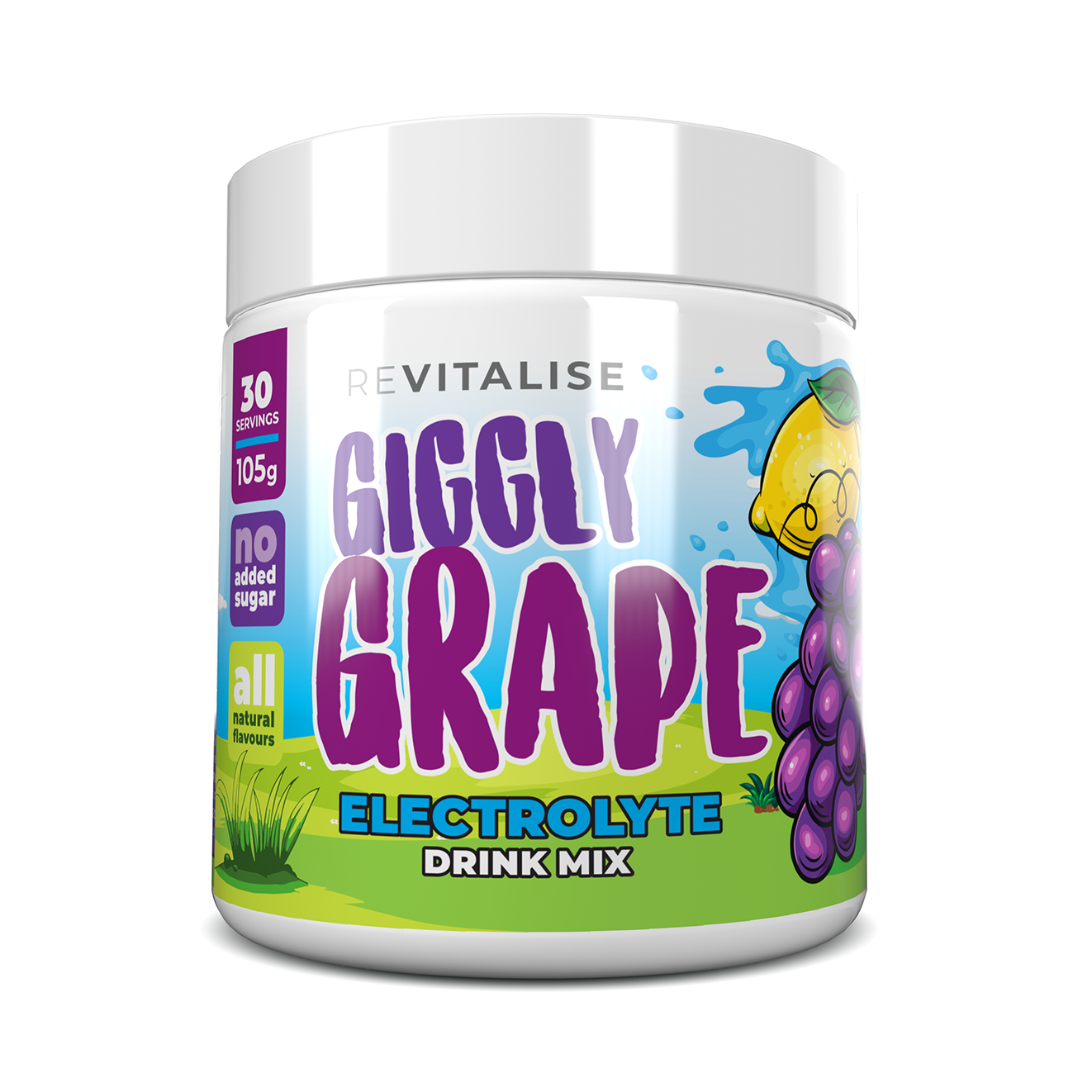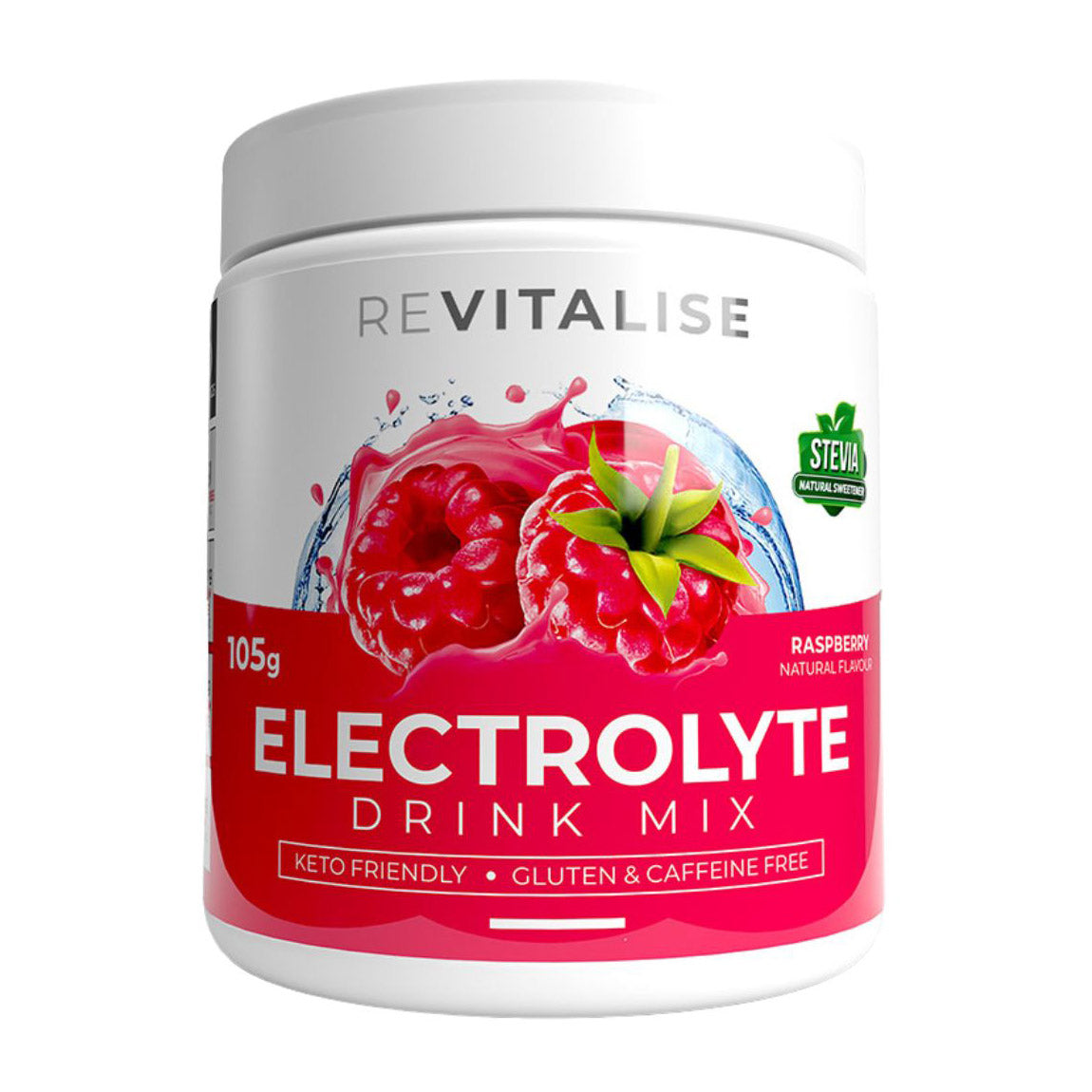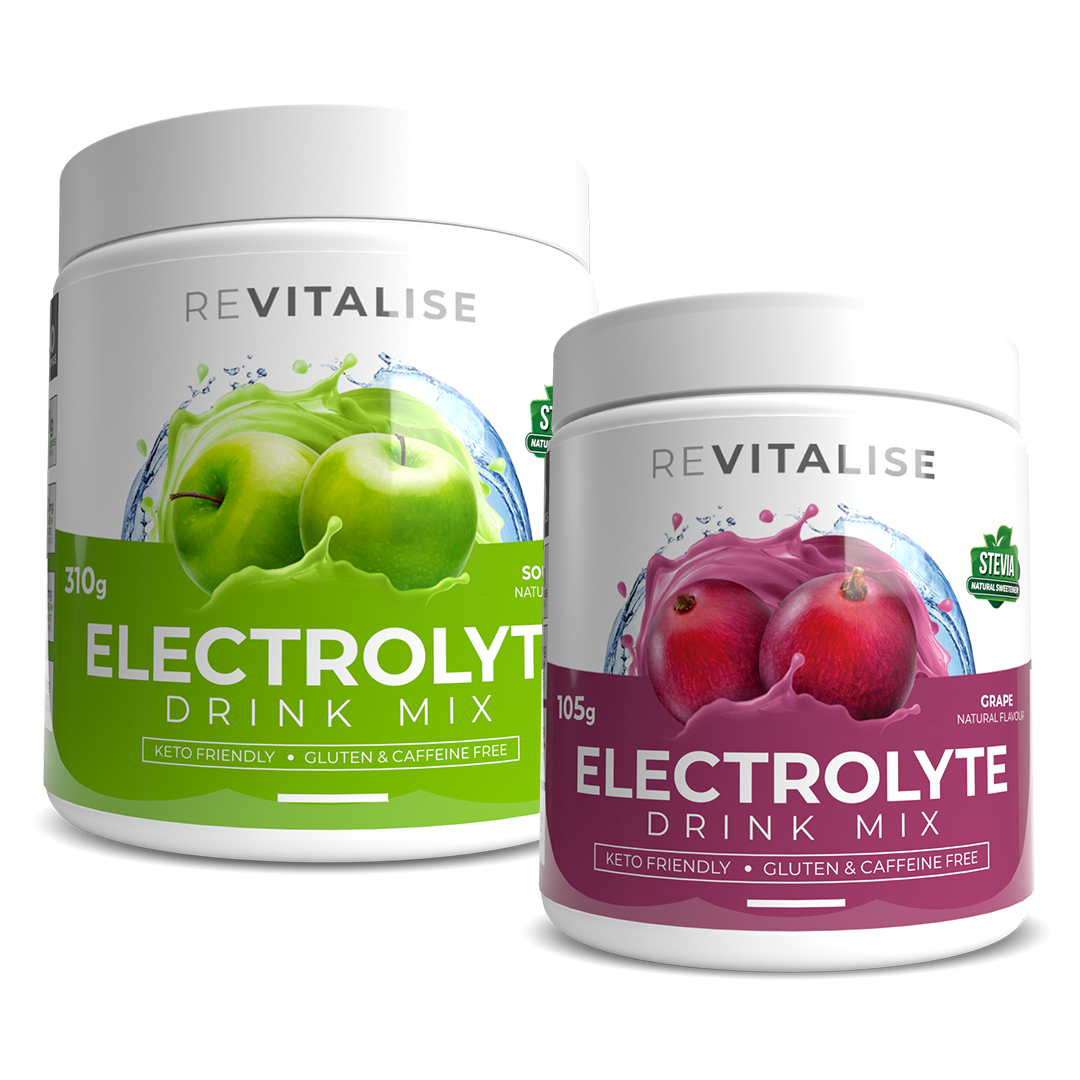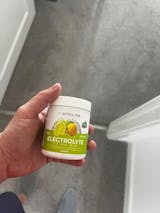Glycine is an amino acid that your body uses to create proteins, which it needs for the growth and maintenance of tissue and for making important substances, such as hormones and enzymes.
Your body naturally produces glycine from other amino acids, but it’s also found in protein-rich foods and available as a dietary supplement.
Along with being a component of protein, glycine has several other impressive health benefits.
Here are the top 9 health benefits and uses of glycine.

Glycine is one of three amino acids that your body uses to make glutathione, a powerful antioxidant that helps protect your cells against oxidative damage caused by free radicals, which are thought to underlie many diseases (1Trusted Source).
Without enough glycine, your body produces less glutathione, which could negatively affect how your body handles oxidative stress over time (2Trusted Source, 3Trusted Source).
In addition, because glutathione levels naturally decline with age, ensuring that you get enough glycine as you get older may benefit your health.
SUMMARY: Glycine helps your body make glutathione, an important antioxidant that protects your body against cell damage.
Glycine is also one of three amino acids that your body uses to make a compound called creatine.
Creatine provides your muscles with energy to perform quick, short bursts of activity, such as weightlifting and sprinting.
When combined with resistance training, supplementing with creatine has been shown to increase muscle size, strength and power (4Trusted Source, 5Trusted Source, 6Trusted Source).
It has also been studied for its beneficial effects on bone health, brain function and neurological conditions like Parkinson’s and Alzheimer’s disease (7Trusted Source, 8Trusted Source, 9Trusted Source).
While your body naturally creates creatine and it can be obtained through your diet, getting too little glycine may reduce how much you produce (10Trusted Source).
SUMMARY: Glycine is a component of creatine, a compound that provides your muscles with energy and has been associated with other health benefits, such as improved bone health and brain function.
Collagen is a structural protein that contains high amounts of glycine. In fact, every third to fourth amino acid in collagen is glycine (11Trusted Source).
Collagen is the most abundant protein in your body. It provides strength for your muscles, skin, cartilage, blood, bones and ligaments.
Supplementing with collagen has been shown to benefit skin health, relieve joint pain and prevent bone loss (12Trusted Source, 13Trusted Source, 14Trusted Source).
Therefore, it’s important that you get enough glycine to support your body’s production of collagen.
SUMMARY: Glycine is the most abundant amino acid in collagen, a structural protein that has several health benefits, including for your skin, joints and bones.
Many people struggle to get a good night’s rest, either because they have trouble falling or staying asleep.
While there are several ways you can improve your sleep quality, such as not drinking caffeinated beverages late in the day or avoiding bright screens a few hours before bedtime, glycine may also help.
This amino acid has a calming effect on your brain and could help you fall and stay asleep by lowering your core body temperature (15Trusted Source, 16Trusted Source).
Research in people with sleep issues has shown that taking 3 grams of glycine before bed decreases how long it takes to fall asleep, enhances sleep quality, lessens daytime sleepiness and improves cognition (17, 18).
For this reason, glycine may be a good alternative to prescription sleeping pills for improving sleep quality at night and tiredness during the day.
SUMMARY: Glycine may promote sleep and enhance the quality of your sleep through its calming effects on the brain and its ability to lower core body temperature.
Too much alcohol can have damaging effects on your body, especially your liver.
There are three primary types of alcohol-induced liver damage (19Trusted Source):
Fatty liver: A buildup of fat inside your liver, increasing its size.Alcoholic hepatitis: Caused by inflammation of the liver resulting from long-term, excessive drinking.
Alcoholic cirrhosis: The final phase of alcoholic liver disease, occurring when the liver cells are damaged and replaced by scar tissue.
Interestingly, research suggests that glycine may reduce the harmful effects of alcohol on your liver by preventing inflammation.
It has been shown to reduce concentrations of alcohol in the blood of alcohol-fed rats by stimulating the metabolism of alcohol in the stomach rather than the liver, which prevented the development of fatty liver and alcoholic cirrhosis (20Trusted Source).
What’s more, glycine may also help reverse liver damage caused by excessive alcohol intake in animals.
While moderate alcohol-induced liver damage can be reversed by abstaining from alcohol, glycine may improve the recovery process.
In a study in rats with alcohol-induced liver damage, the liver cell health returned to baseline 30% faster in a group fed a glycine-containing diet for two weeks compared to a control group (21Trusted Source).
Despite promising finds, studies on the effects of glycine on alcohol-induced liver damage are limited to animals and cannot be translated to humans (22Trusted Source, 23Trusted Source, 24Trusted Source).
Increasing evidence suggests that glycine offers protection against heart disease.
It prevents the accumulation of a compound that, in high amounts, has been linked to atherosclerosis, the hardening and narrowing of the arteries (25Trusted Source, 26Trusted Source, 27Trusted Source, 28Trusted Source).
This amino acid may also improve your body’s ability to use nitric oxide, an important molecule that increases blood flow and lowers blood pressure (29Trusted Source).
In an observational study in over 4,100 people with chest pains, higher levels of glycine were associated with a lower risk of heart disease and heart attacks at a 7.4-year follow-up (28Trusted Source).
After accounting for cholesterol-lowering medications, the researchers also observed a more favorable blood cholesterol profile in people who had higher glycine levels (28Trusted Source).
What’s more, glycine has been found to reduce several risk factors of heart disease in rats fed a high-sugar diet (29Trusted Source).
Eating and drinking too much added sugar can raise blood pressure, increase levels of fat in your blood and promote dangerous fat gain around the belly — all of which can promote heart disease (30Trusted Source).
While encouraging, clinical studies on the effects of glycine on heart disease risk in humans are needed before it can be recommended (31Trusted Source).
SUMMARY: Glycine may lower heart disease risk factors by preventing the build-up of a molecule associated with heart disease and by increasing your body’s ability to use nitric oxide.
Type 2 diabetes may lead to low levels of glycine.
It’s a condition characterized by impaired insulin secretion and action, meaning your body doesn’t produce enough insulin or that it doesn’t respond properly to the insulin it makes (32Trusted Source).
Insulin decreases your blood sugar levels by signaling its uptake into cells for energy or storage.
Interestingly, because glycine has been shown to increase insulin response in people without diabetes, it’s suggested that glycine supplements may improve impaired insulin response in people with type 2 diabetes (11Trusted Source, 33Trusted Source, 34Trusted Source).
Higher levels of glycine are associated with a reduced risk of type 2 diabetes, even after accounting for other factors that are associated with the condition, such as lifestyle (35Trusted Source, 36Trusted Source).
Therefore, people with type 2 diabetes may benefit from supplementing with glycine, though research is too preliminary to make any specific recommendations.
If you have type 2 diabetes, the best way to reduce your insulin resistance is through weight loss by means of diet and exercise (37Trusted Source).
SUMMARY: Supplementing with glycine may improve impaired insulin action, a hallmark of type 2 diabetes. However, research to make any specific recommendations for its use in people with the condition is insufficient.
Glycine may reduce muscle wasting, a condition that occurs with aging, malnutrition and when your body is under stress, such as with cancer or severe burns.
Muscle wasting leads to a harmful reduction in muscle mass and strength, which declines functional status and can complicate other potentially present diseases (38Trusted Source).
The amino acid leucine has been studied as a treatment for muscle wasting, as it strongly inhibits muscle breakdown and enhances muscle building (39Trusted Source).
However, several changes in the body during muscle-wasting conditions impair the effectiveness of leucine for stimulating muscle growth.
Interestingly, in mice with muscle wasting conditions, such as cancer, research has shown that glycine was able to stimulate muscle growth whereas leucine was not (40Trusted Source, 41Trusted Source).
Therefore, glycine holds promise for improving health by protecting muscles from wasting during various wasting conditions (42Trusted Source).
Still, more research in humans is needed.
SUMMARY: Glycine may preserve muscle mass in wasting conditions, such as cancer, malnutrition and burns, though more research in humans is needed.

Glycine is found in varying amounts in meat, especially in tough cuts like the chuck, round and brisket.
You can also get glycine from gelatin, a substance made from collagen that’s added to various food products to improve consistency.
Other and more practical ways to increase your intake of glycine include:
Add It to Foods and Drinks
Glycine is readily available as a dietary supplement in capsule or powder form. If you don’t like taking pills, the powder form dissolves easily in water and has a sweet taste.
In fact, the name glycine is derived from the Greek word for “sweet.”
Due to its sweet taste, you can easily incorporate glycine powder into your diet by adding it to:
Coffee and teaSoups
Oatmeal
Protein shakes
Yogurt
Pudding
Take Collagen Supplements
Glycine is the main amino acid in collagen, the main structural protein of connective tissue, such as bone, skin, ligaments, tendons and cartilage.
Accordingly, you can boost your glycine intake by taking collagen protein supplements.
This is likely more efficient, as glycine competes with other amino acids for absorption and is therefore absorbed less efficiently by itself than when it’s bound to other amino acids, as in the case of collagen (43Trusted Source, 44Trusted Source).
Is Glycine Safe?
Supplementing with glycine is safe in appropriate amounts.
Studies have used up to 90 grams of glycine per day over several weeks without serious side effects (45Trusted Source).
For comparison, the standard dose used in studies is about 3–5 grams per day.
SUMMARY: Glycine powder is readily available and can easily be added to your favourite drinks and some foods. Collagen supplements are also an efficient way to boost your glycine intake. Both methods are a safe way to get more of this important nutrient.

















